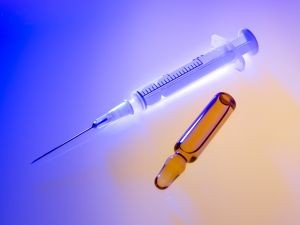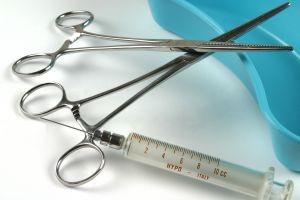Over the past decade, testosterone replacement therapy (TRT) has become a one of the most prescribed medications available, with hundreds of thousands undergoing the therapy each year. However, it should be noted that the vast majority of these patients are not taking the drug because they have the medical condition for which the U.S. Food and Drug Administration (FDA) approved the drug to treat.
When hormone replacement therapy drugs came on the market in the 1970s, it was labeled for use with a medical condition know as hypogonadism. These patients who suffered from hypogonadism had very low testosterone count and were typically diagnosed at a fairly young age. This is still the only medical condition that FDA approved the hormone therapy to treat. Continue reading
 Product Liability Lawyer Blog
Product Liability Lawyer Blog






